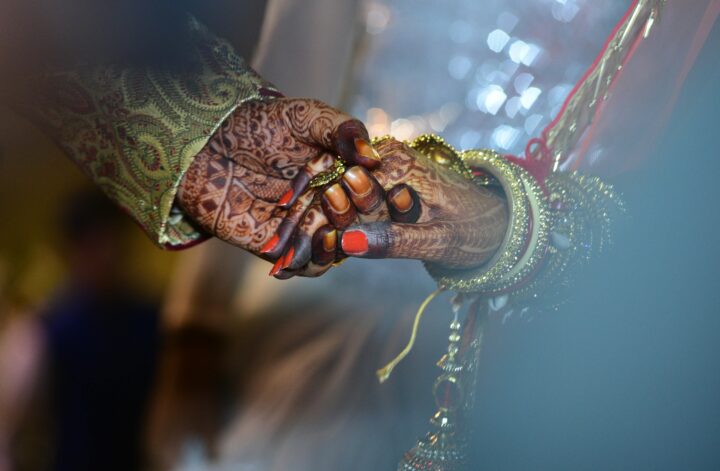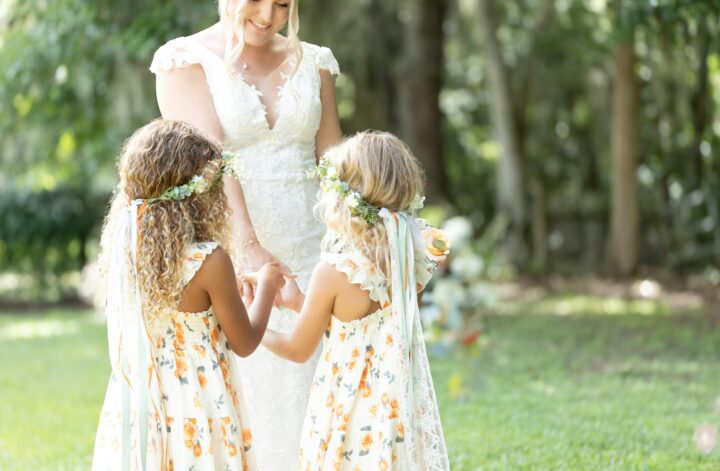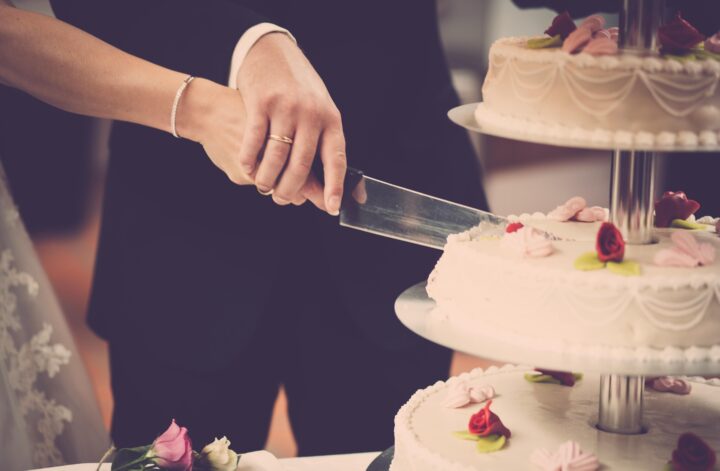Your wedding day is a celebration of love, unity, and the blending of two lives. For many couples, their heritage and cultural background play a significant role in shaping their identities and values. Incorporating cultural traditions into your wedding ceremony not only honors your heritage but also enriches the celebration, creating a unique and memorable experience for you and your guests. Whether you are blending traditions from different cultures or staying true to your roots, here’s how you can seamlessly weave cultural customs into your wedding day.
Understanding the Significance
Before you begin incorporating cultural traditions, take the time to understand the significance behind each practice. Research the history, symbolism, and meaning of the traditions you wish to include. This knowledge will help you honor the customs with the respect and authenticity they deserve. Consult with family members, elders, or cultural experts who can provide insights and guidance.
1. Choose a Venue That Reflects Your Culture
Selecting a venue that resonates with your cultural background can set the tone for your ceremony. Look for locations that embrace your traditions or have the architectural style and ambiance that align with your cultural heritage. Whether it’s a temple, a traditional hall, or an outdoor setting with cultural significance, the venue can enhance the authenticity of your celebration.
2. Integrate Traditional Attire
Traditional attire is a beautiful way to honor your heritage. For brides and grooms, wearing cultural clothing adds a unique touch to the ceremony. Consider:
Bridal Attire: Choose dresses, sarees, kimonos, or kilts that reflect your cultural background. Incorporate traditional fabrics, embroidery, and accessories that hold sentimental value.
Groom’s Attire: Opt for attire like a sherwani, kimono, or tuxedo with cultural elements, such as intricate patterns or symbolic colors.
Bridal Party: Coordinate the outfits of your bridal party to include cultural elements, ensuring they complement your attire and enhance the overall theme.
3. Include Traditional Rituals and Ceremonies
Many cultures have specific rituals and ceremonies that are integral to weddings. Incorporating these practices can add depth and meaning to your ceremony. Some examples include:
Hindu Wedding Rituals: Include the ‘Saat Phere’ (seven circles around the sacred fire), ‘Jaimala’ (exchange of garlands), or the ‘Mangalsutra’ ceremony.
Jewish Traditions: Consider the ‘Ketubah’ signing, ‘Chuppah’ ceremony, or the breaking of the glass.
African Traditions: Integrate rituals such as the ‘Unity Candle’ or ‘Wine Sharing’ ceremony, symbolizing the union of two families.
Asian Traditions: Include tea ceremonies, where the couple serves tea to their parents, symbolizing respect and gratitude.
4. Customize Your Ceremony Script
Work with your officiant to incorporate cultural elements into your ceremony script. You can include traditional prayers, readings, or vows in your native language or with translations. Personalize your vows to reflect your cultural values and the promises you are making to each other. This blending of traditions will create a ceremony that is both heartfelt and culturally rich.
5. Use Traditional Music and Performances
Music sets the tone for your wedding and can beautifully reflect your cultural background. Choose songs that are significant to your heritage or hire musicians who specialize in traditional instruments and styles. You might include:
Classical Music: Incorporate traditional instruments like the sitar, tabla, bagpipes, or shamisen.
Cultural Performances: Arrange for traditional dance performances, such as a Bharatanatyam dance, Flamenco, or a Greek Zorba dance, to entertain your guests.
6. Decorate with Cultural Symbols
Incorporate cultural symbols and motifs into your decor to enhance the ambiance of your wedding. Use traditional patterns, colors, and artifacts that are meaningful to your heritage. Consider:
Floral Arrangements: Choose flowers that have cultural significance or are traditionally used in weddings.
Decor Items: Use items like lanterns, fabrics, or pottery that reflect your culture. For example, Moroccan lanterns, Indian bangles, or Japanese origami.
7. Serve Traditional Cuisine
Food is a central element of any wedding celebration, and serving traditional cuisine can make your wedding even more special. Work with your caterer to include dishes that reflect your cultural background. You can create a menu that features:
Appetizers and Main Courses: Offer a variety of traditional dishes that showcase the flavors and ingredients of your culture.
Desserts: Include sweets that are significant to your heritage, such as baklava, gulab jamun, or mochi.
Beverages: Serve traditional drinks, whether it’s tea, wine, or a signature cocktail that represents your culture.
8. Honor Your Ancestors and Elders
Respect and honor your ancestors and elders by including rituals or moments of remembrance in your ceremony. Light candles, offer flowers, or create a dedicated space where guests can pay their respects. You could also have elders give blessings or share stories and wisdom, adding depth and tradition to your celebration.
9. Blend Traditions from Different Cultures
If you and your partner come from different cultural backgrounds, consider blending traditions to create a unique fusion wedding. This can be a beautiful way to honor both heritages and create a celebration that is truly representative of both families. Discuss with your families and find common ground that respects and celebrates both cultures.
10. Capture the Moments
Documenting your wedding with photographs and videos that highlight the cultural traditions will be a cherished keepsake. Hire a photographer who is sensitive to the cultural nuances of your ceremony and can capture the essence of your traditions. Encourage candid shots of guests participating in cultural rituals and enjoying the festivities.
Final Thoughts
Incorporating cultural traditions into your wedding ceremony is a beautiful way to honor your heritage, celebrate your love, and create a rich tapestry of memories. Whether you are weaving in traditional rituals, wearing cultural attire, or serving heritage cuisine, each element adds a unique touch to your special day. By embracing and celebrating your cultural roots, you create a wedding that is not only beautiful but also deeply meaningful. Your wedding day will be a testament to your love, your heritage, and the beautiful blend of traditions that make your story uniquely yours. So go ahead, celebrate your culture, and make your wedding a truly unforgettable experience!




